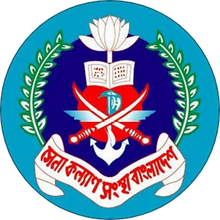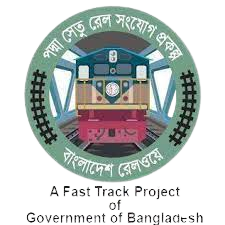


| News |
| We are thankful to all those who attended the CICM 2023 conference in Dhaka. It was a great success and we look forward to seeing you all again at CICM 2025. |
| We are also thankful to all of our keynote, distinguished and invited speakers. |
| Abstract submission | 15 Mar 2023 |
| Acceptance notification | 30 Mar 2023 |
| Full-Paper submission | 04 Jun 2023 |
| Reviewers’ comments | 20 Jun 2023 |
| Revised Camera-Ready Full-Paper submission | 04 Jul 2023 |
| Conference Registration | 25 Jul 2023 |
| Date of conference | 26-28 Jul 2023 |
The CICM 2023 will be an extraordinary event in the history of civil engineering groundwork and material science in Bangladesh. The conference will be held at the premises of the Military Institute of Science and Technology (MIST) at Mirpur Cantonment on 26 - 28 July 2023, involving a diverse national and international community of researchers in the field. The conference will be a great platform for the scholars working on Infrastructure development to present their innovations and getting the exposures to cutting-edge knowledge. Bringing together leading academicians and practitioners from different countries around the world, it is expected that the conference will be able to provide excellent opportunity for networking and sharing experiences in the application of technology throughout the learning cycle. After the 1st conference (CICM 2015), the organizers received enormous positive responses from the conference attendees including the foreign delegates and leading academicians around the globe.
The conference aims to bring together latest innovation in the field of structural and geotechnical engineering towards the development of sustainable and resilient structure. The conference is being organized in honor of Engineer Dr Fazlur Rahman Khan who is considered the "Father of modern tubular designs" for high-rise structures.
Fazlur Rahman Khan (3 April 1929 – 27 March 1982) was a Bangladeshi-American structural engineer and architect, who initiated important structural systems for skyscrapers. F R Khan was also a pioneer in computer-aided design (CAD). He was the structural engineer of the Sears Tower, the tallest building in the world from 1973 until 1998, and also the 100-story John Hancock Center.
He has been called the "Einstein of structural engineering" and the "Greatest Structural Engineer of the 20th Century" for his innovative use of structural systems. His innovation in skyscraper design and construction was the idea of the "tube" structural system for tall buildings. Most buildings over 40 stories constructed since 1960s use the tube design concept derived from Khan's structural engineering principles.
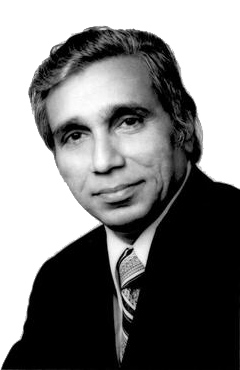
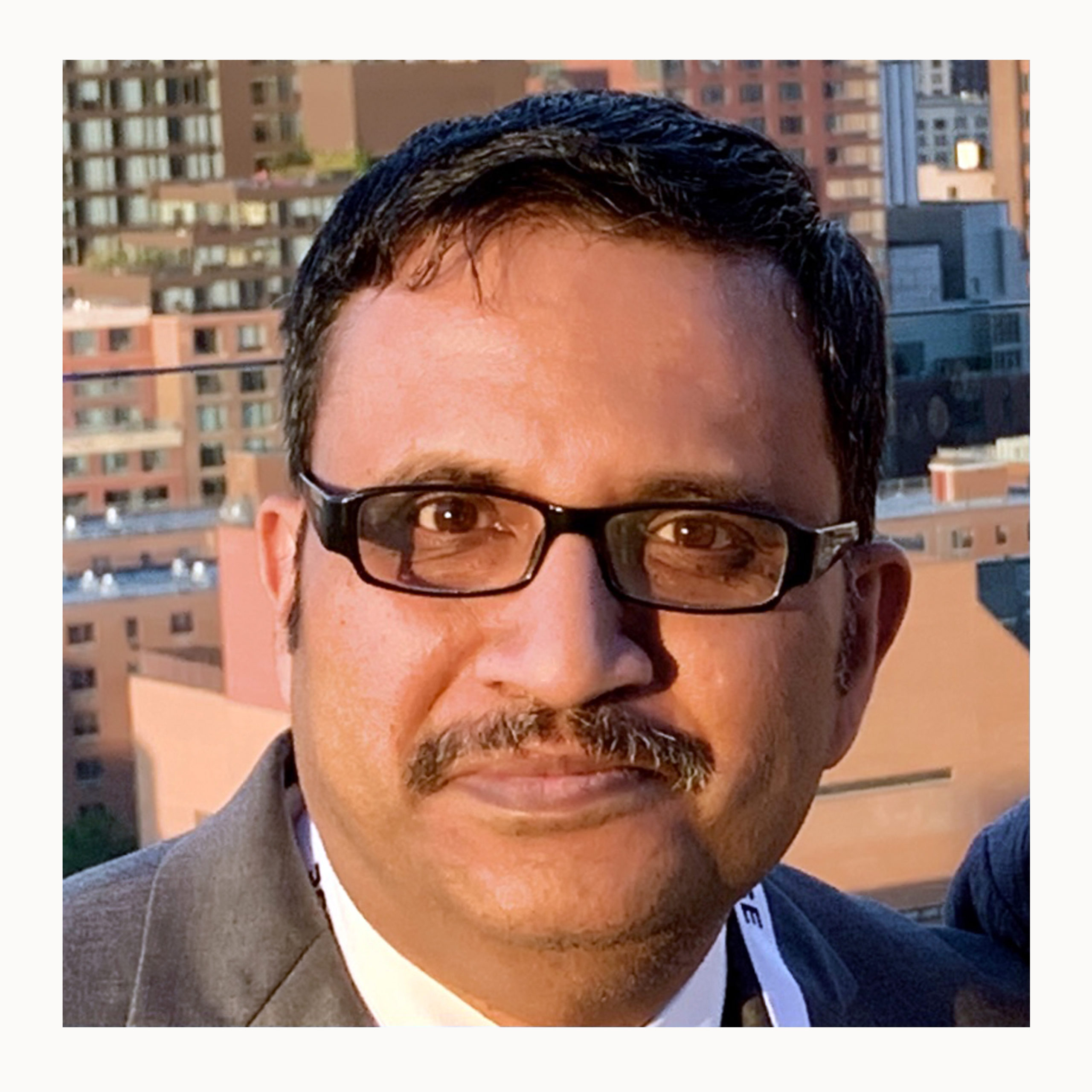


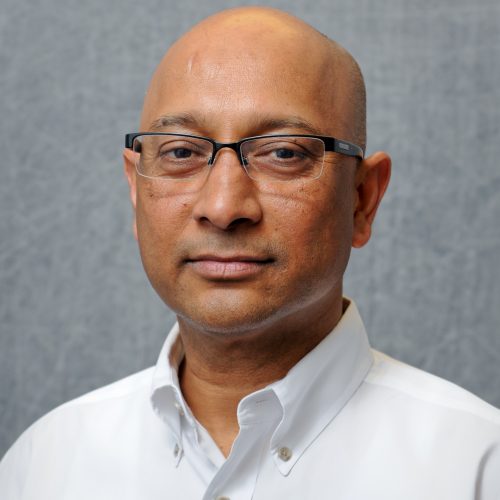


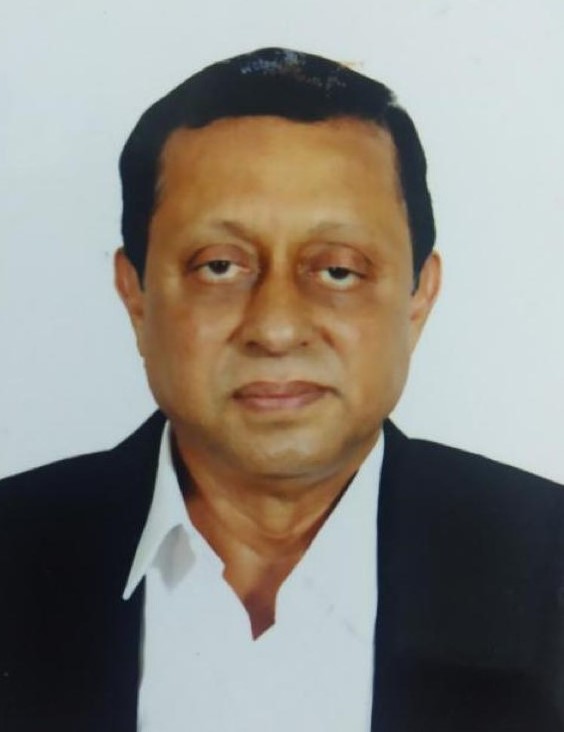
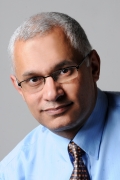
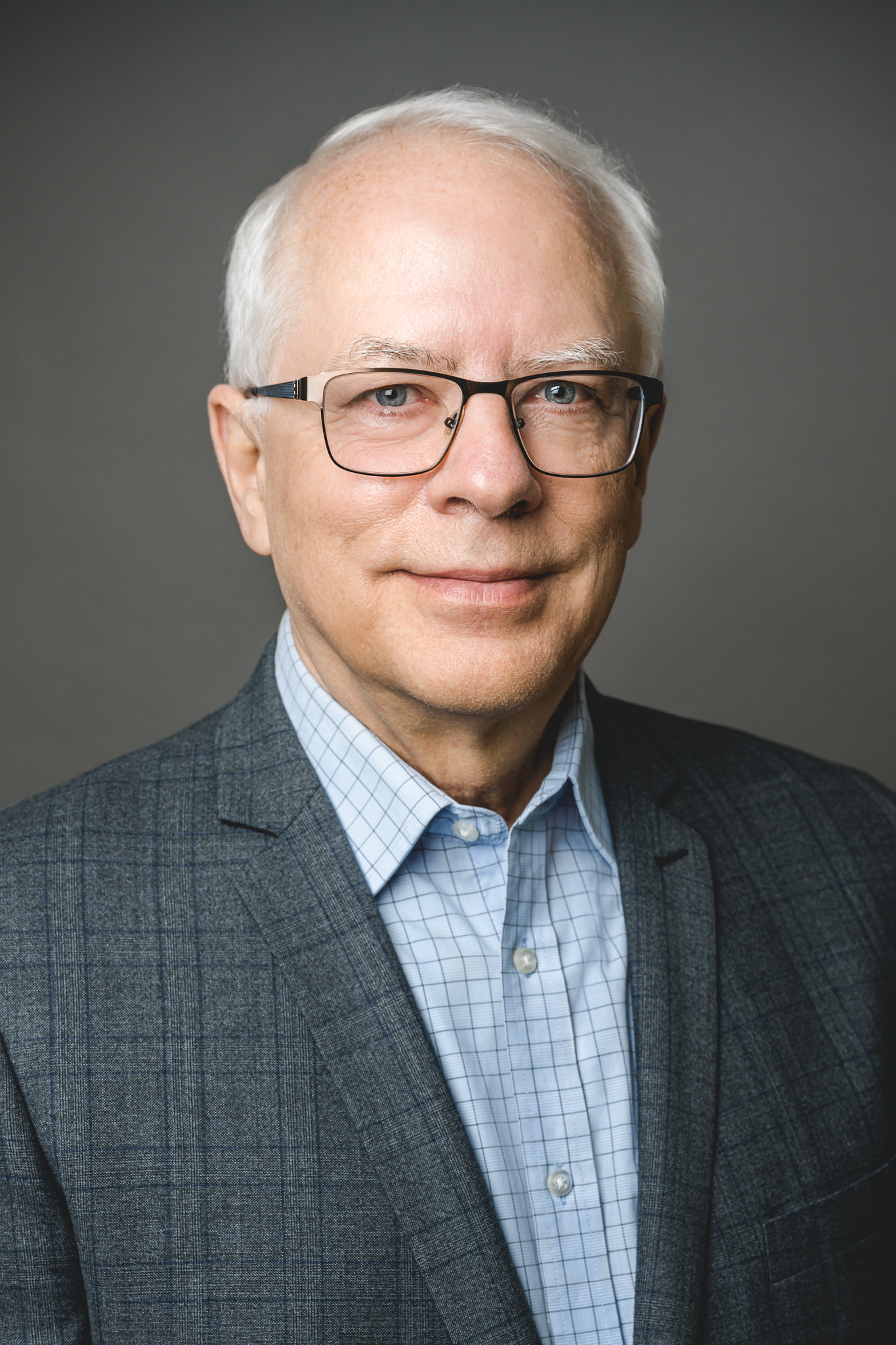
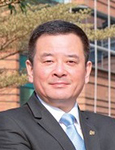
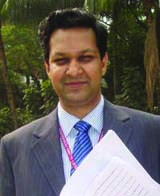
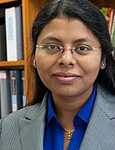
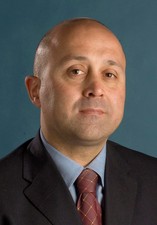

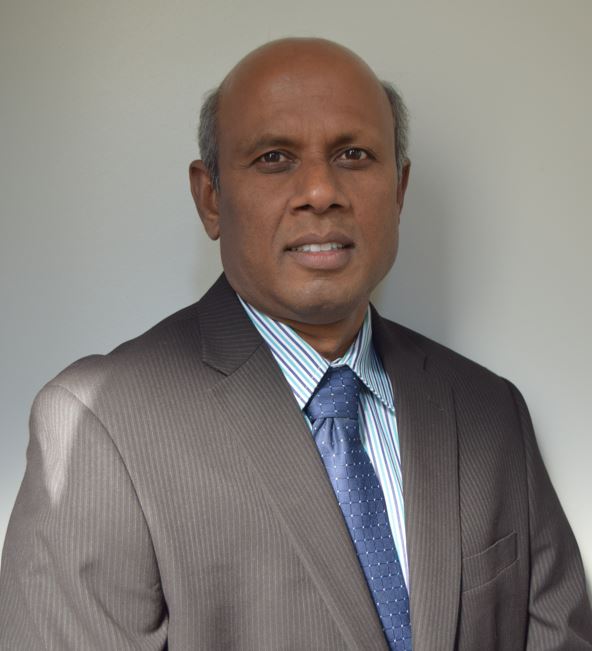

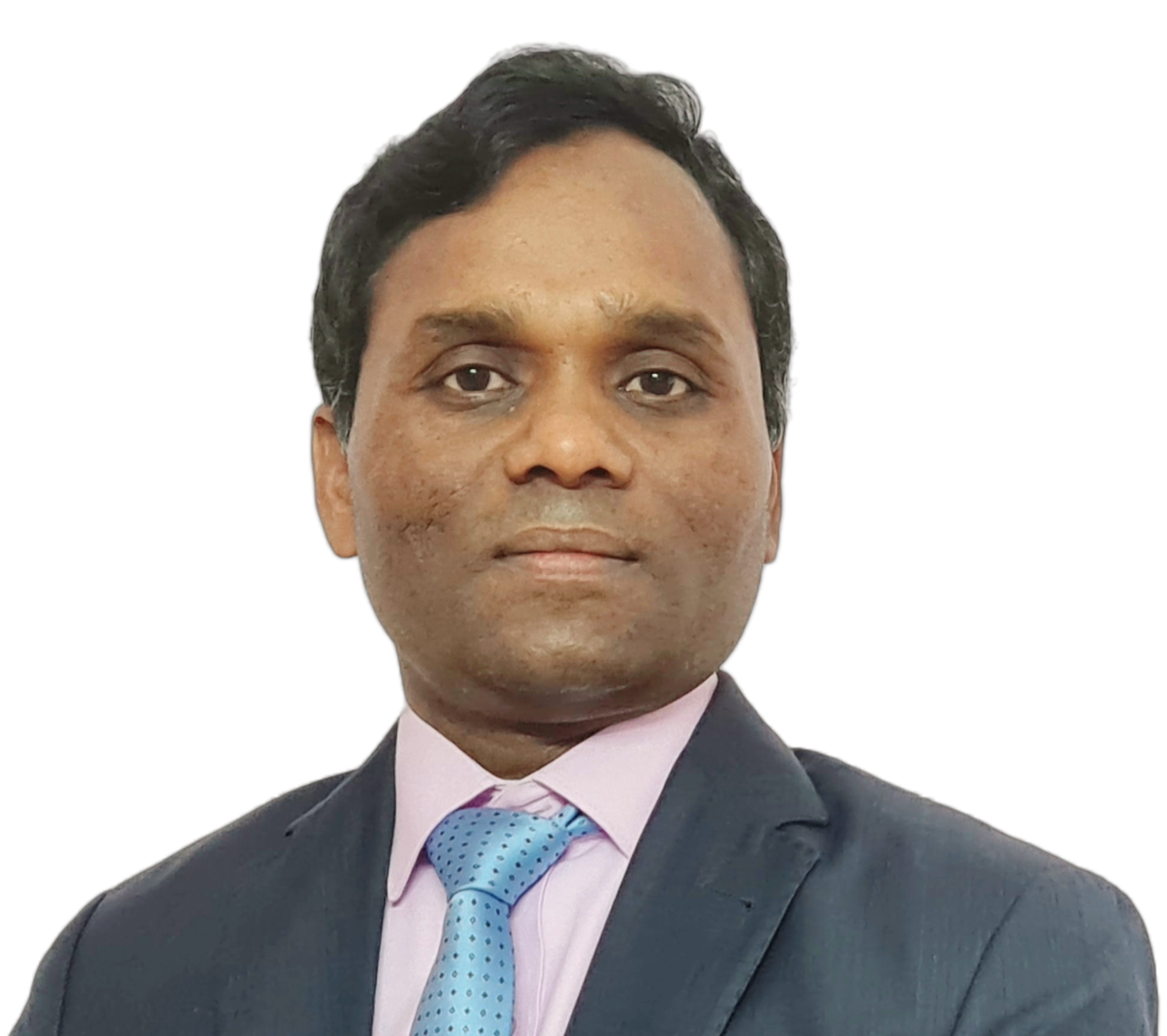
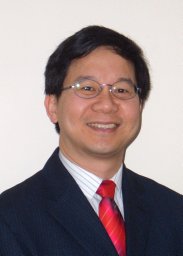
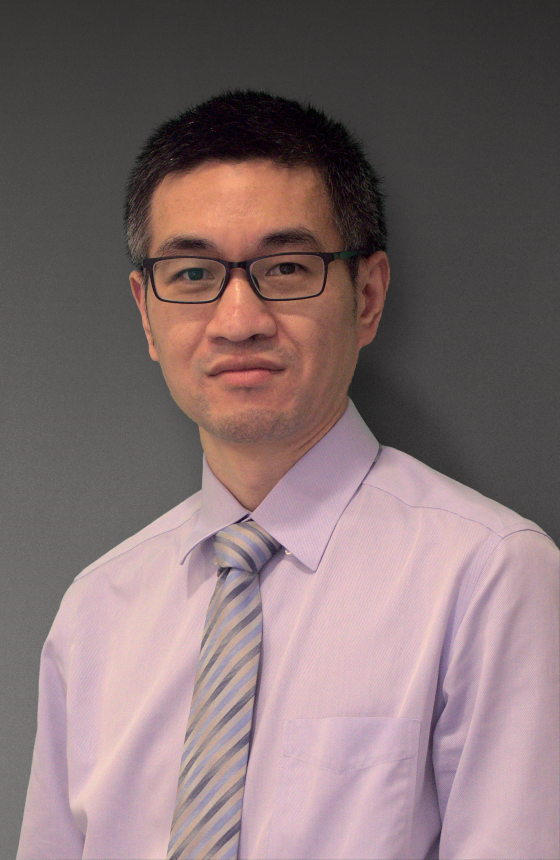

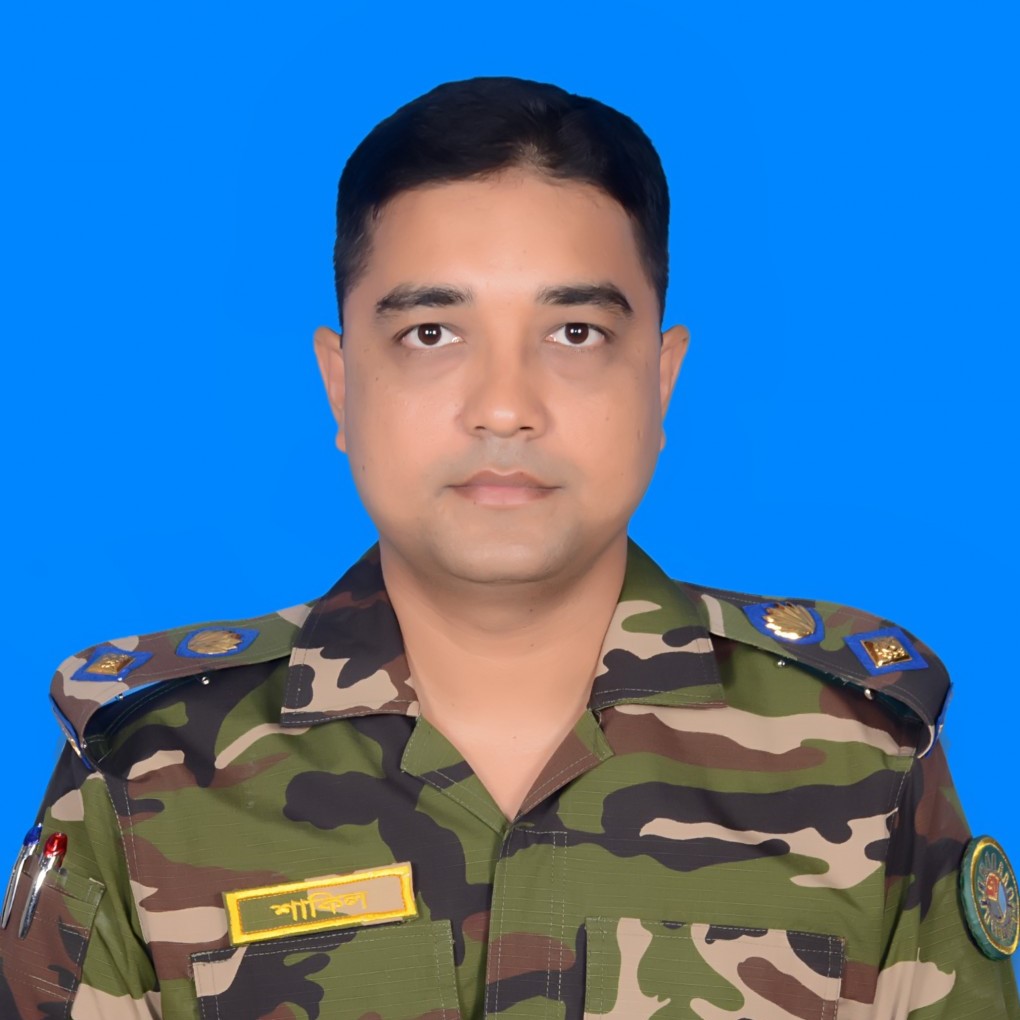
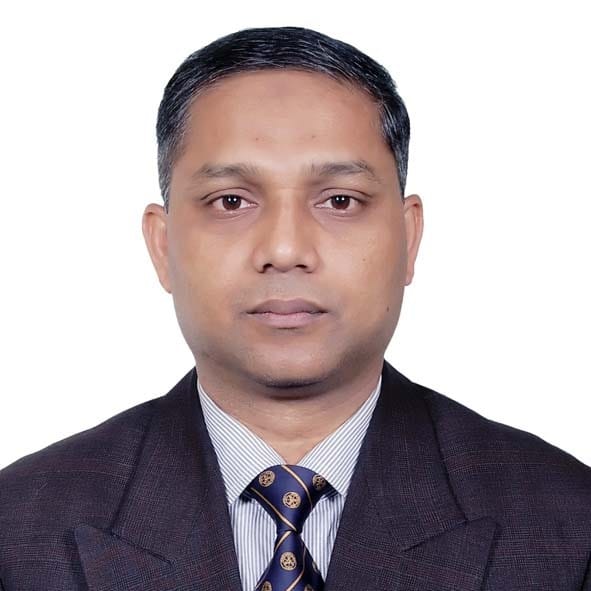
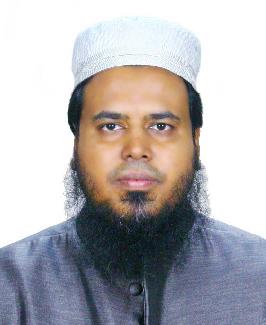

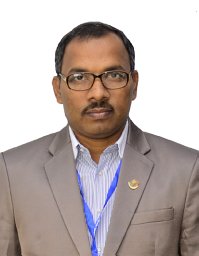
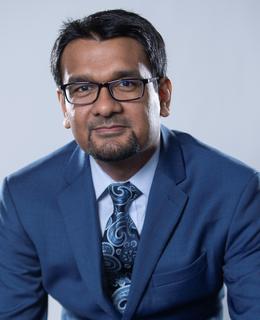
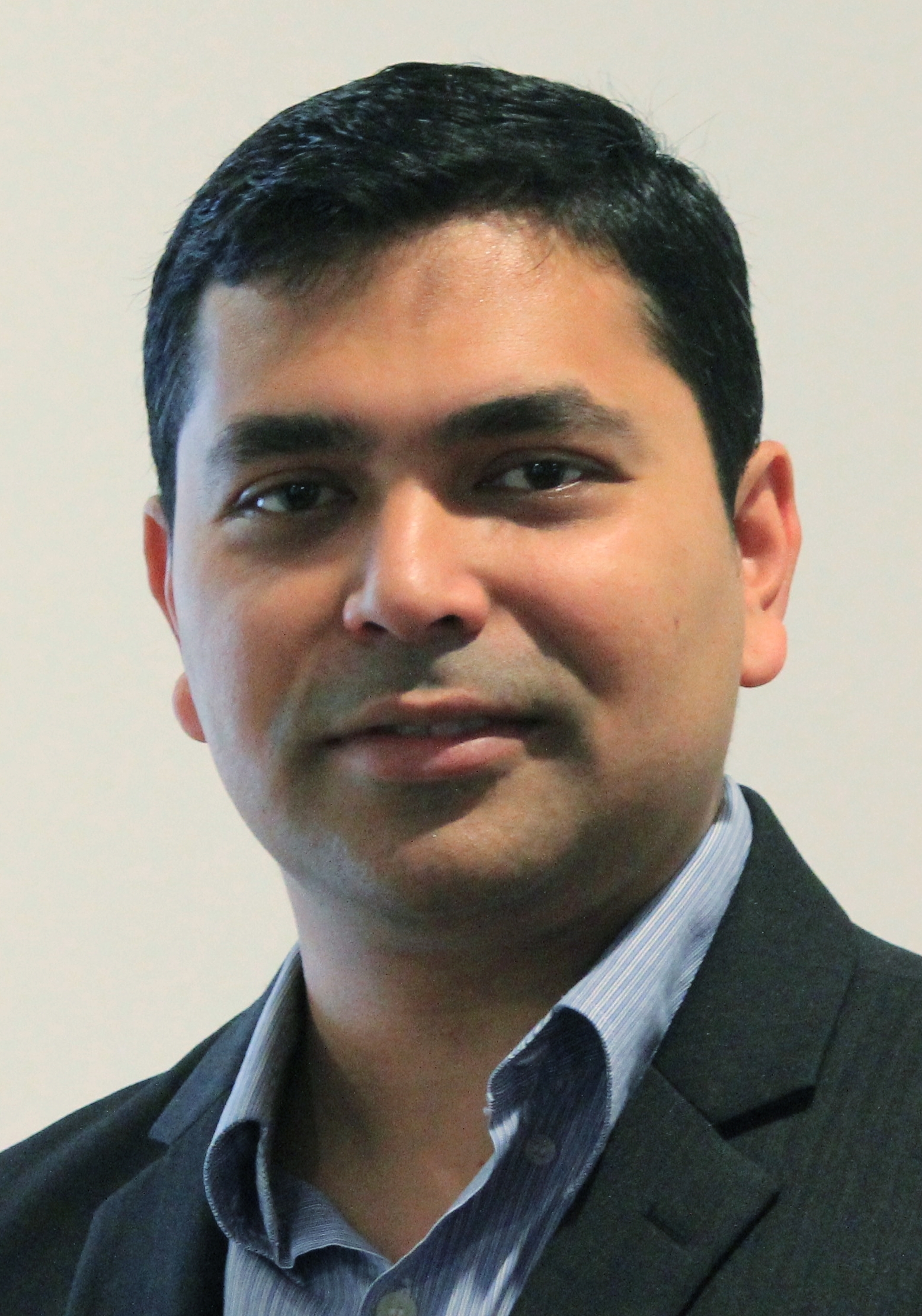
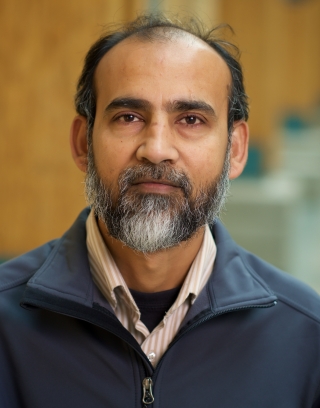

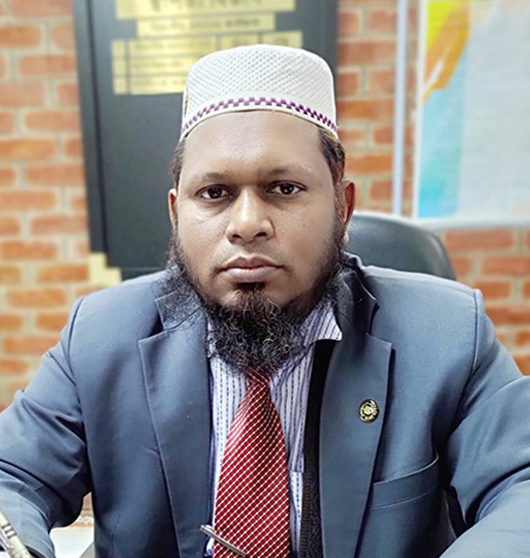
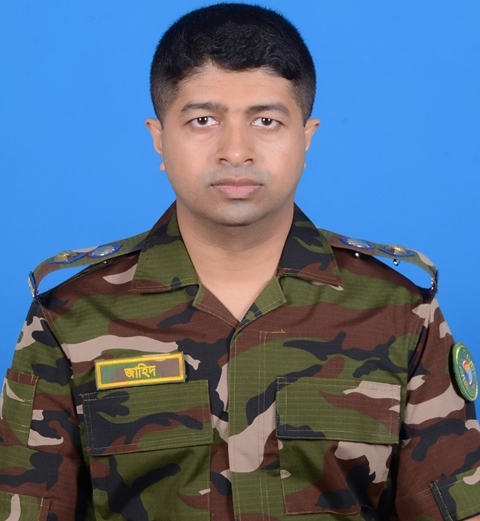
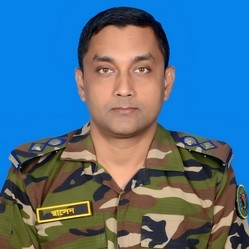


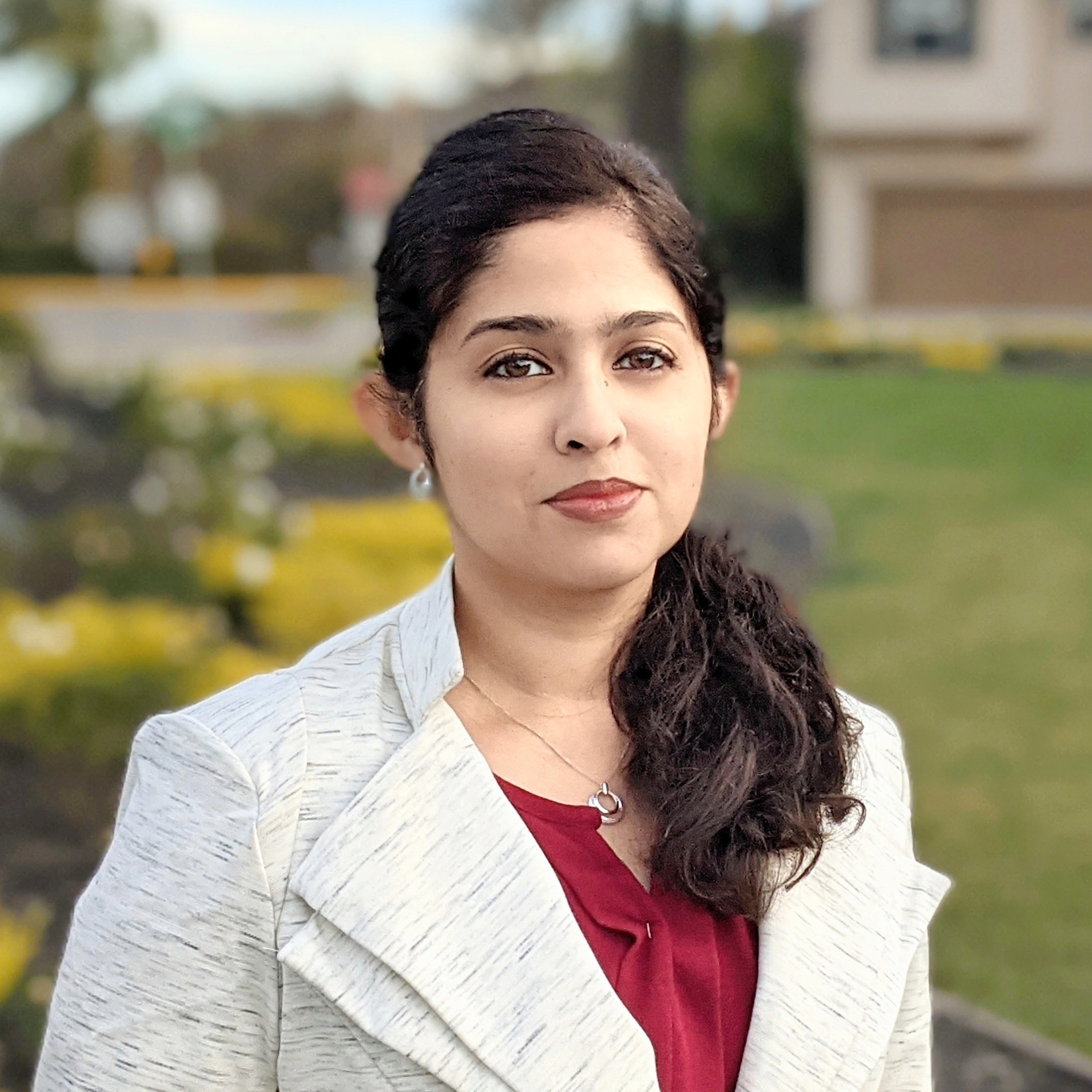
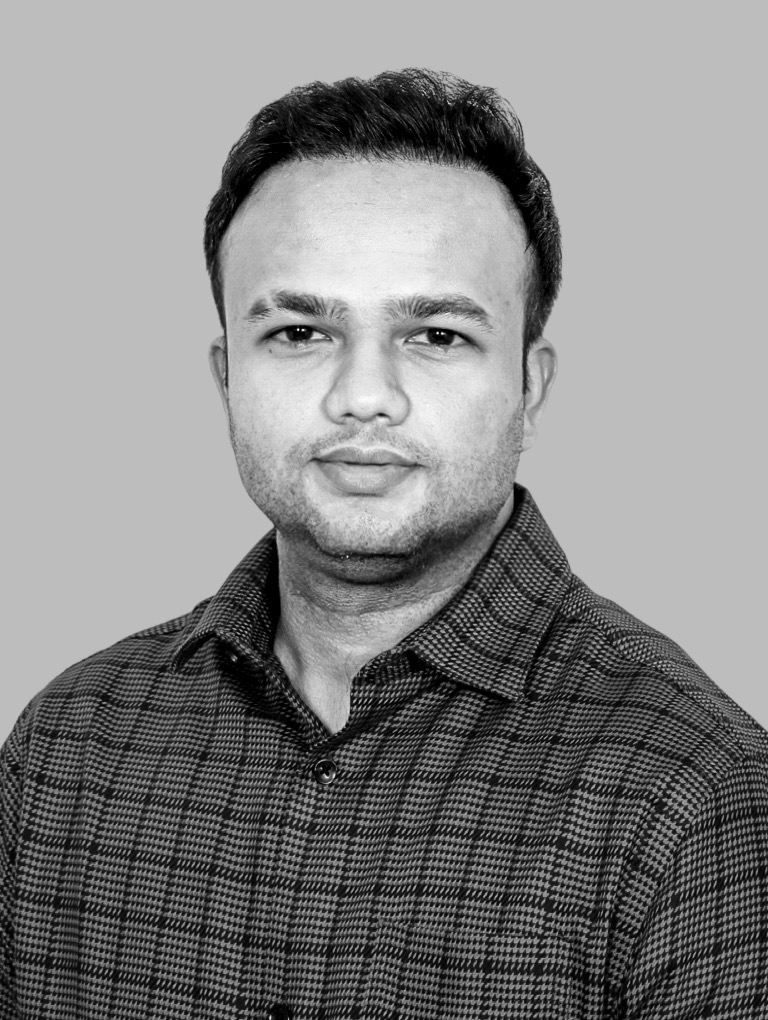
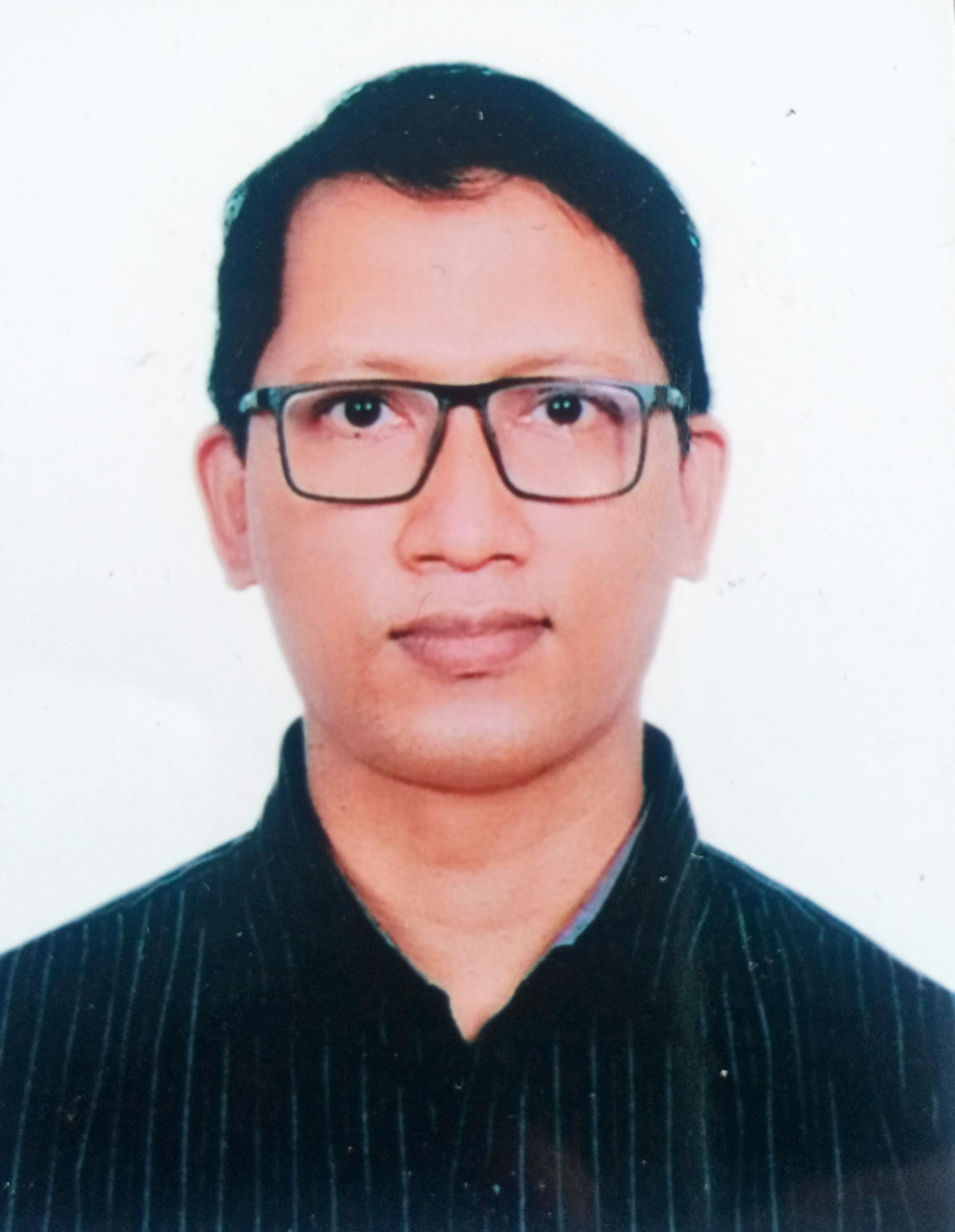
![]()
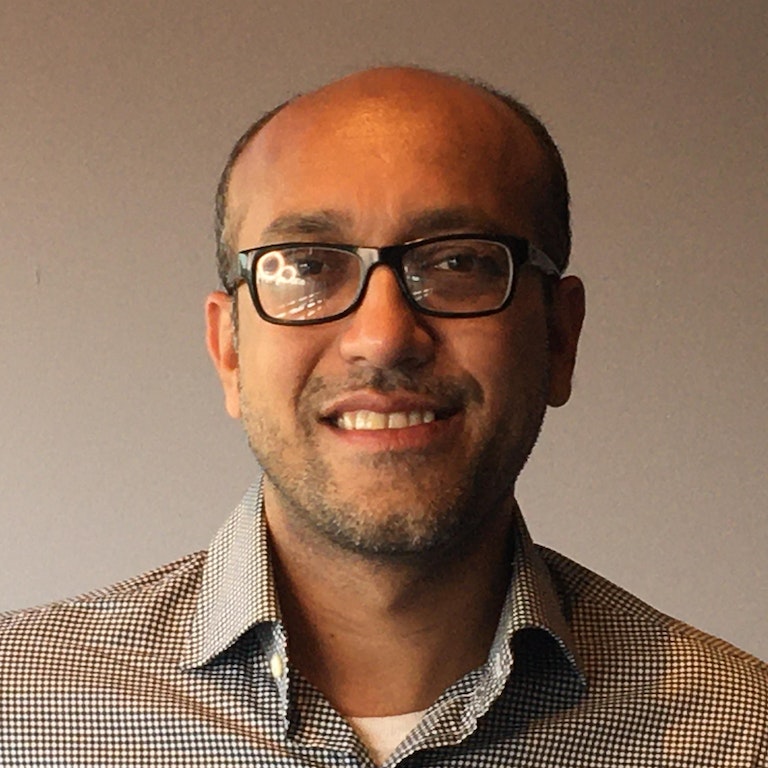
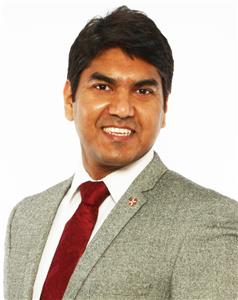
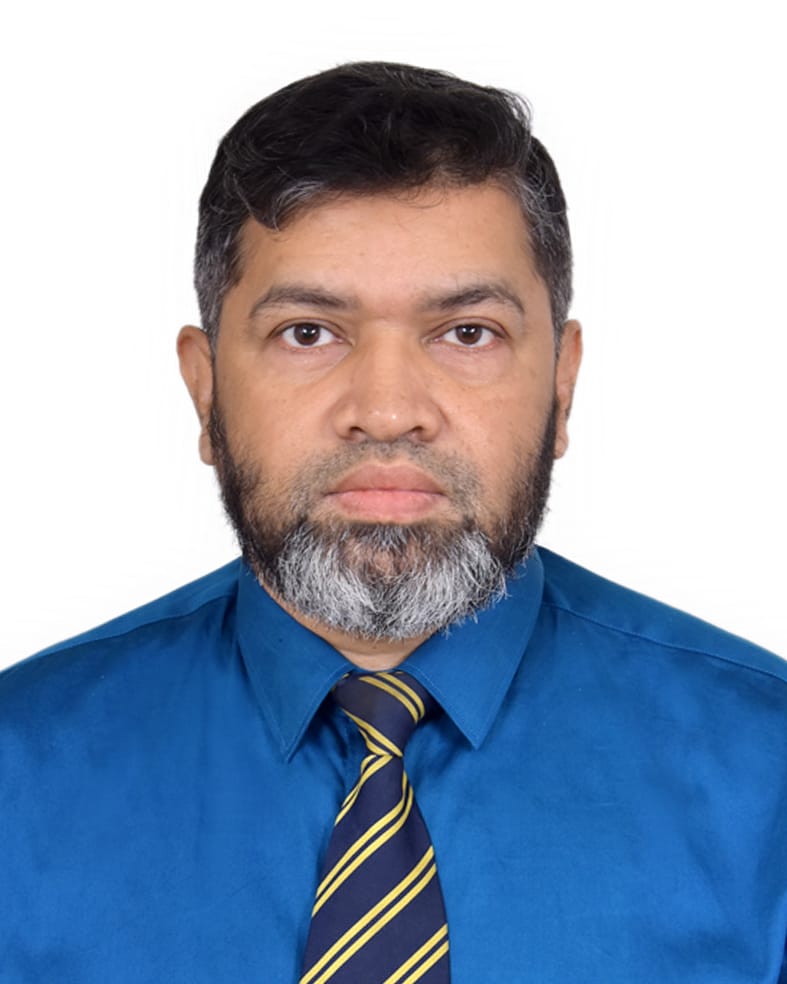
![]()
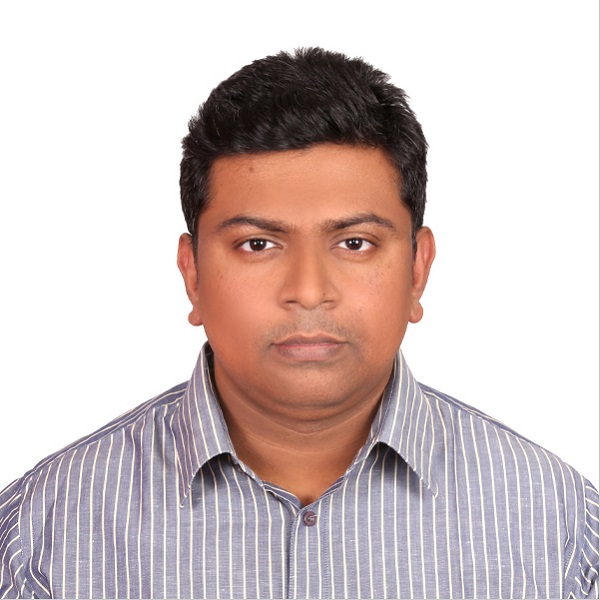
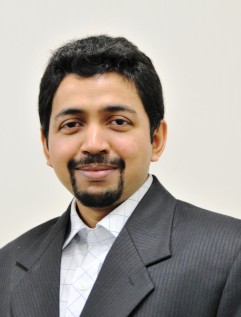
Five best student paper awards will be given based on excellent research works.
Some articles will be selected for a conference proceedings to be published by Springer following formal review process.




